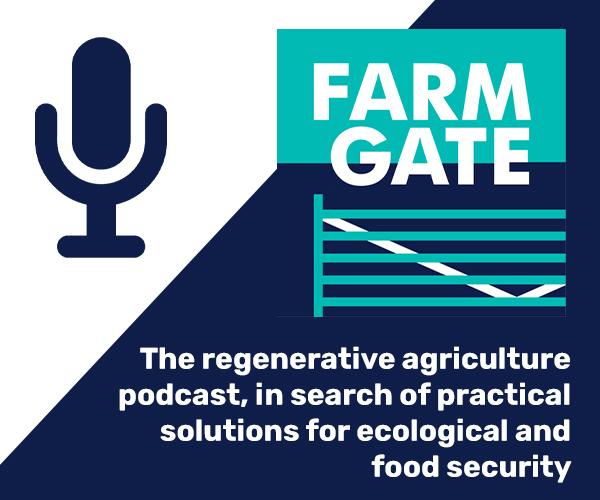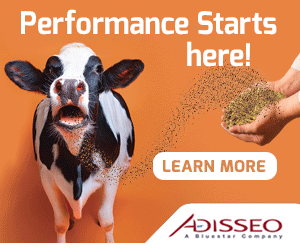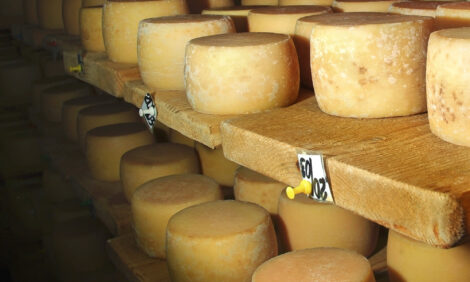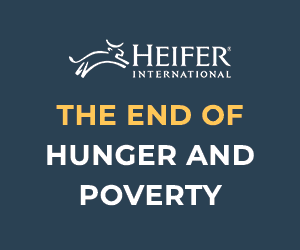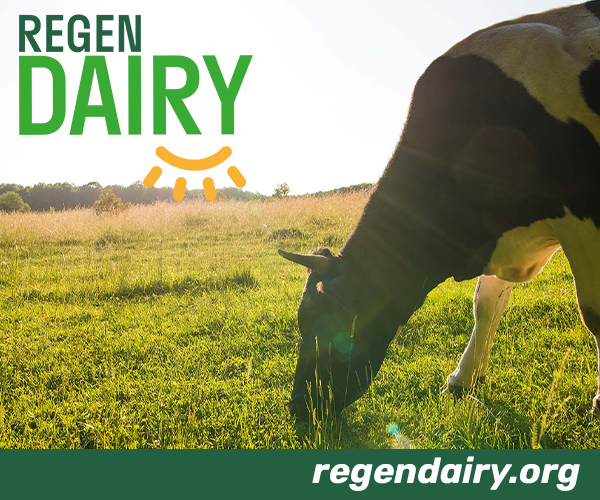



Value Chain Analyses Of Dairy & Poultry Industries
GAMBIA - The Gambia Priority Employment Programme (GAMJOBS) on Wednesday, 16 November, organized a one day validation workshop at the Baobab Holiday Resort in Kololi on Value Chain Analyses of dairy and poultry industries in Gambia.The objective of the value chain analyses is to assess the current situation of the dairy sub-sector and the poultry industry in a bid to identify constraints and opportunities for growth and development of the sub-sector and the industry with a view to promoting investment and employment opportunities particularly for women and the youth. The assessment proposes recommendations and priority actions to be implemented as well as outcomes to be monitored, according to AllAfrica.com.
Speaking at the opening ceremony, the Permanent Secretary at the Ministry of Trade and Industry, Naffie Barry highlighted that the value chain analysis is coming at a time when Gambia is addressing unemployment and poverty through the auspices of the Gamjobs Project and the Programme for Accelerated Development and Growth (PAGE).
"Poverty literature indicates that one of the underlying causes of poverty in The Gambia is the relatively high unemployment and under-employment rates, particularly among women and youth," said Ms Barry.
She added that because of limited job opportunities, the majority of the Gambian population mainly working in agriculture is self-employed, while reliable data on employment are not readily available.
"We do know that employment rates are higher in the rural than in urban areas and are also higher for illiterate and unskilled people. Although national unemployment figures are pegged at 6 per cent, however, the unemployment problem is more glaring when we look at the National Youth Policy (2009-2018) that defines youth as being within the age bracket of 15-30 and that 67 per cent of the Gambian population is less than 25 years old," stated Ms Barry.
She said there is need to concentrate all efforts in providing employment for the youth.
She highlighted that women constitute 51 per cent of the total population and it is estimated that about 70 per cent of them are engaged in low productivity rural subsistence agriculture. Therefore, in terms of household livelihoods and living standards, agriculture is critically important and justifies the need for an in depth review of the sector and related policies to assess potential economic and social impact as well as environmental performance.
She said her team is looking forward to the enriching debate that will ensue shortly.
She said without pre-empting the reports, the consultants have indicated key constraints encountered by operators in both sectors, among which includes: Inadequate or inconsistent supply/availability of feed, poor quality of locally produced feed, high cost of feed, lack of operating capital to purchase feed, levy of sales tax (17 per cent) on poultry inputs such as feed and feed ingredients, day-old chicks, hatching eggs and veterinary drugs and vaccines, inadequate supply/availability of day-old chicks, lack of processing and cold storage facilities for poultry products and inadequate or weak support and regulatory services, to name a few.
"These are some of the problems affecting the sectors. We hope that this validation exercise and the recommendations that will be put forward will indicate the way forward and the next steps to be taken. While we urge the private sector and all operators along the poultry and dairy value chain to work in synergy to take the sector to higher heights, Government will also be an active partner and will support entrepreneurship and skills training in these sectors and create employment. We will not only be driving equitable growth but we will be eradicating poverty within the most vulnerable sections of our society," said the Trade PS.
In her closing remarks, Salimatou Touray, the Project Coordinator of Gamjobs and the chairperson of the Programme highlighted that In the course of the workshop, they were given an overview of the Poultry and Dairy Value Chains, in which they looked at the prevailing conditions and examined challenges and constraints that operators encounter in their activities with particular reference to gaps in the supply chain and in the area of support services as well as the need to increase capacity building of farmers and extension workers to support farmers.
She added that they also looked at the health and funding issues and incentives for actors in the value chain.
"The reports have put forward recommendations and priority actions to be carried out by government, operators and other partners. These recommendations as well as new ones that have emerged from this validation exercise will guide Gamjobs with relevant decision makers in responding to current needs along both value chains, entrepreneurship and skills training in these sectors and create employment." Said Ms Touray.
She said on behalf of Gamjobs and the UNDP, she would like to echo that support and commitment to pushing the cause of the dairy and poultry sectors in order that they achieve the levels of employment for women and youth, which they expect will drive growth and eradicate poverty in The Gambia in accordance with Vision 2020, the MDGs and the PAGE.
"However, we will not be able to achieve all of this without the relevant attitudinal change on our part. We need to form networks for advocacy purposes and to protect the interest of the producers and the consumers of poultry, milk and other dairy products. I would therefore urge that these networks are formed as soon as possible," stated Ms Touray.
She finally congratulated participants and able consultants for a job well done.
TheCattleSite News Desk


